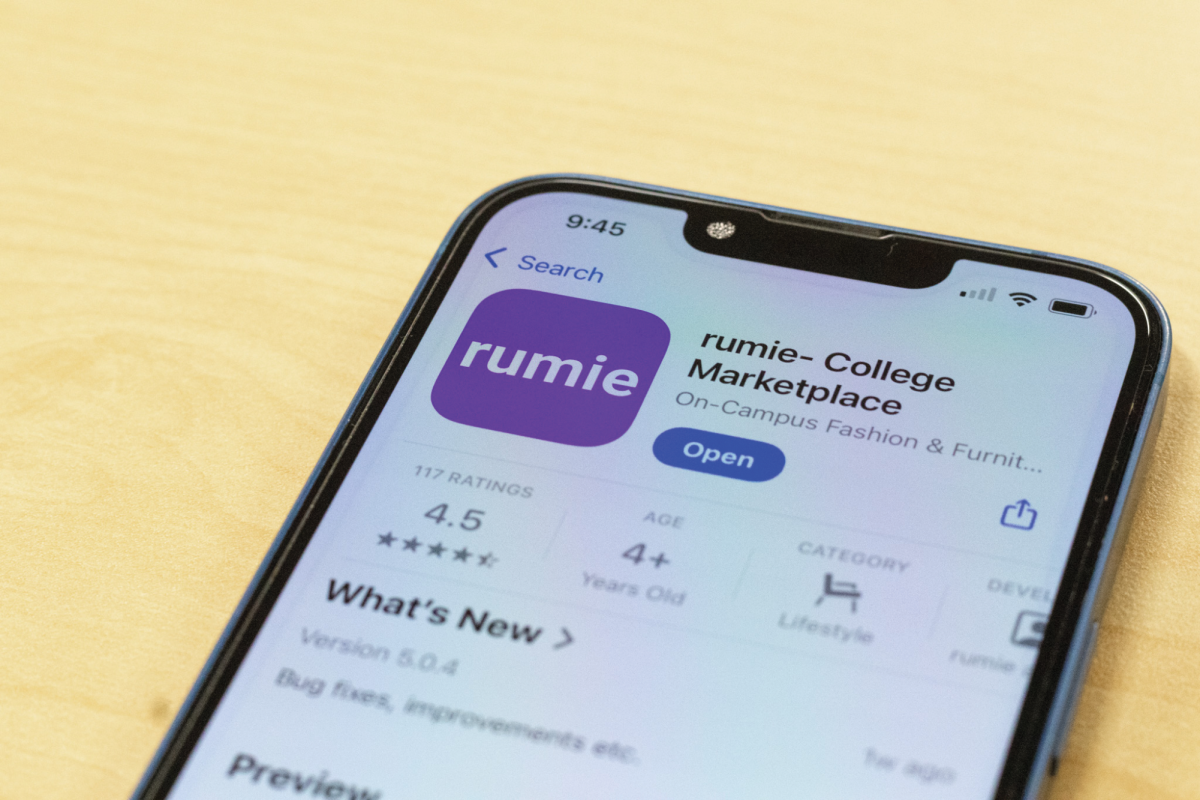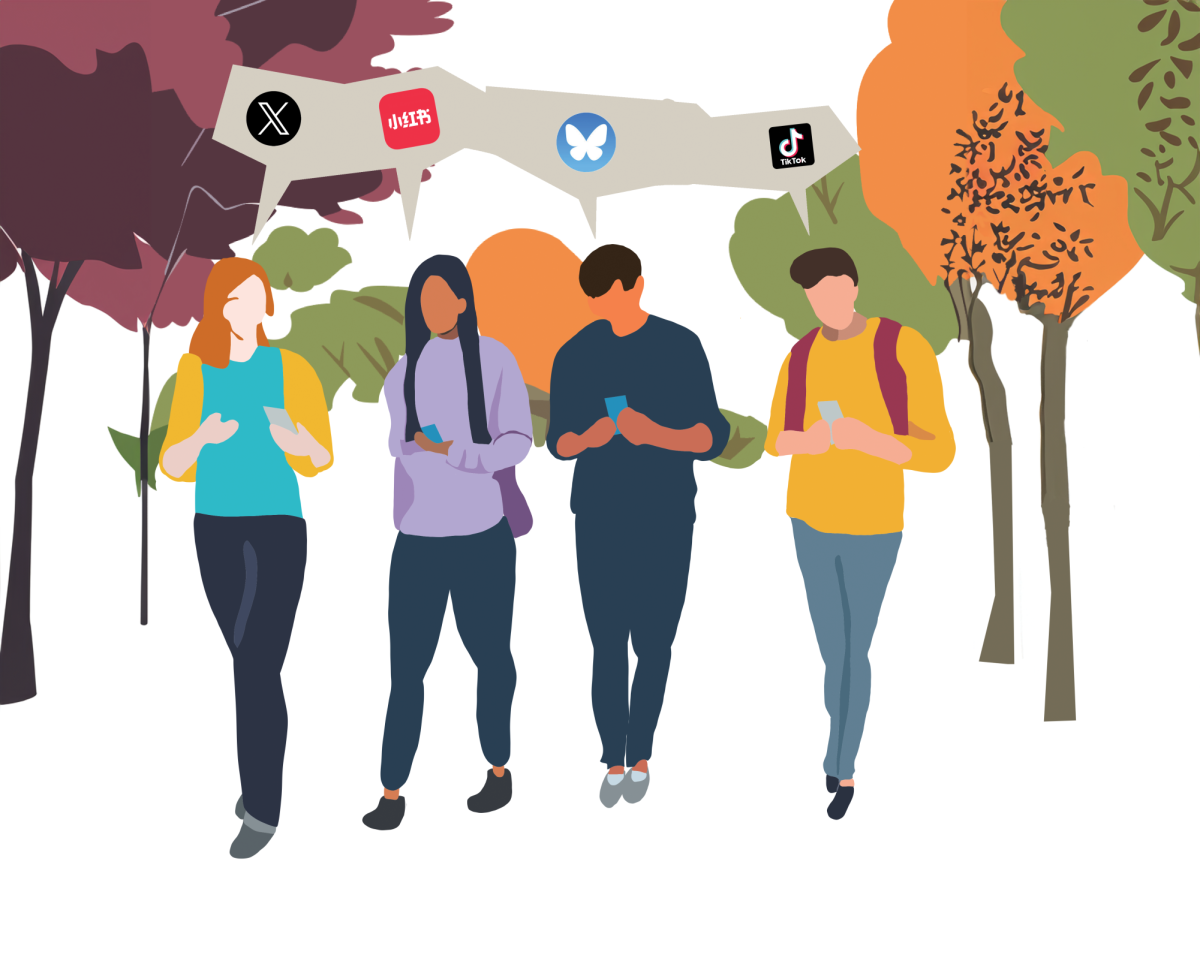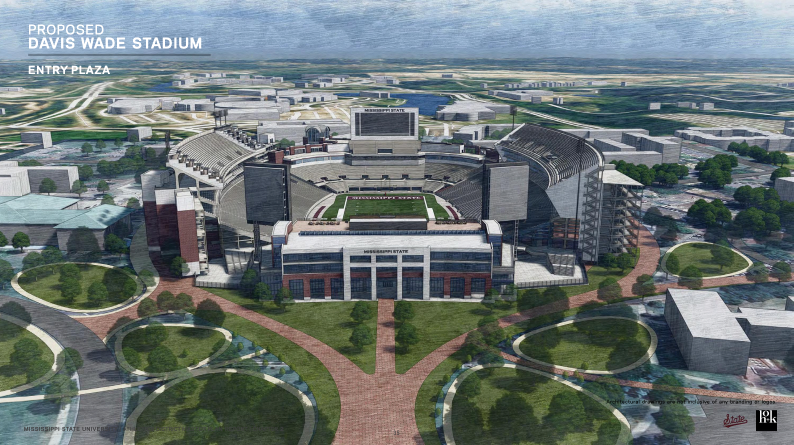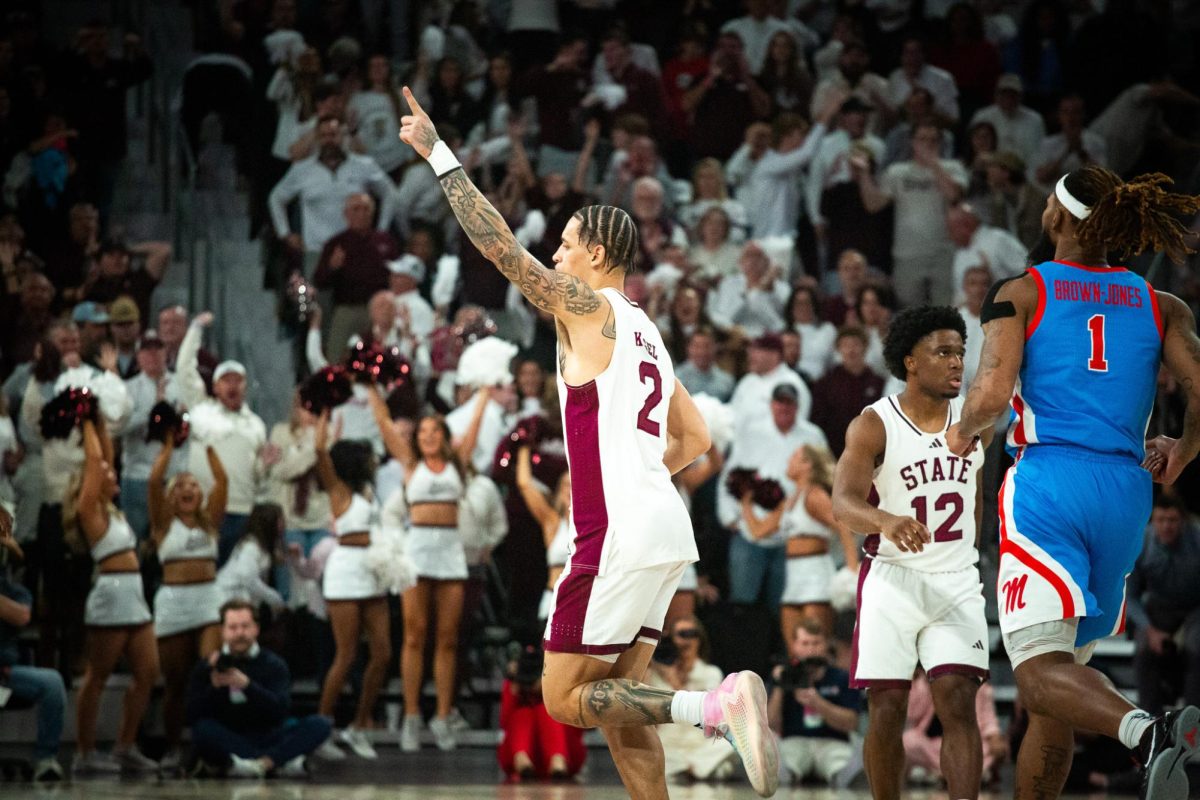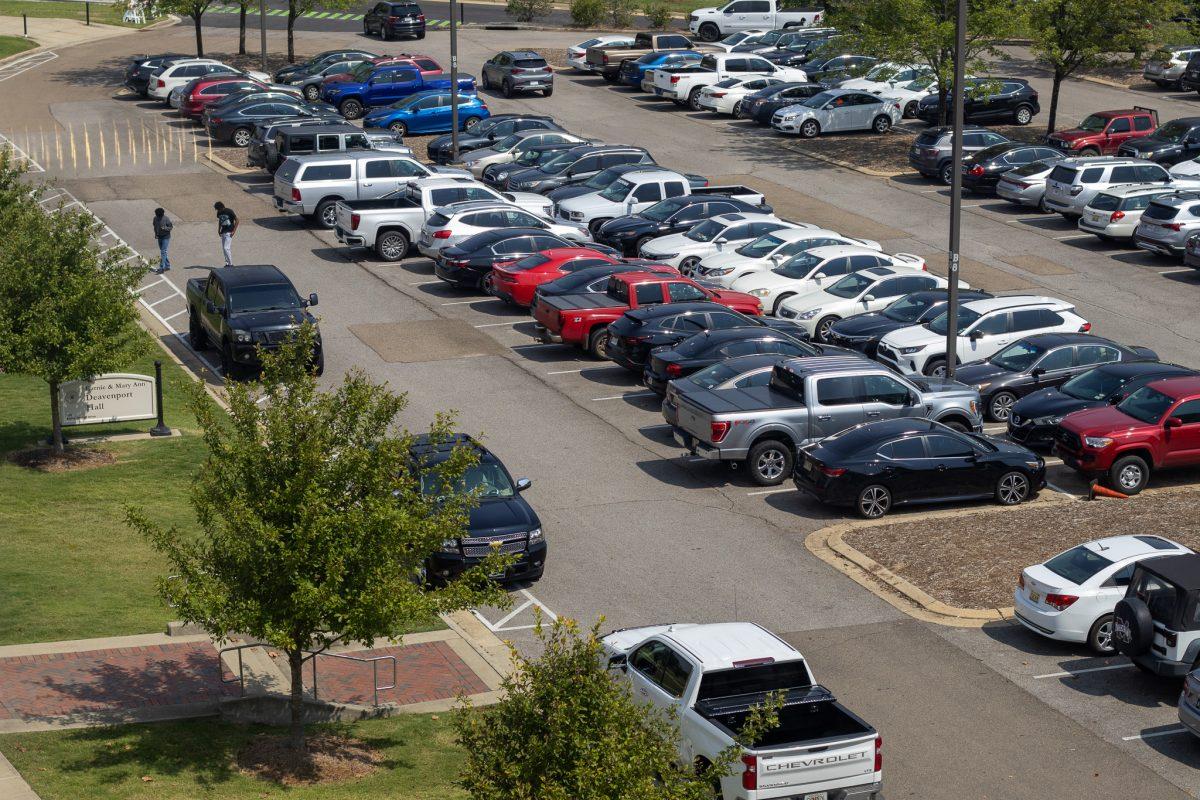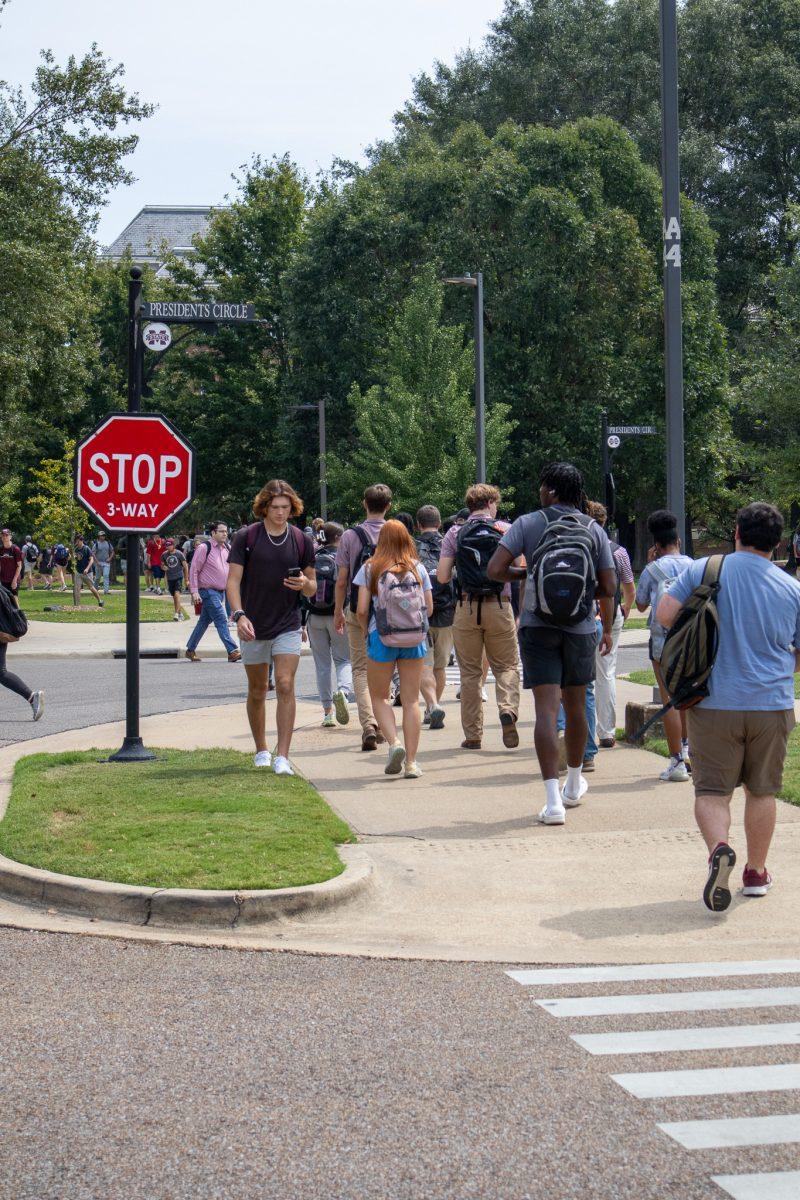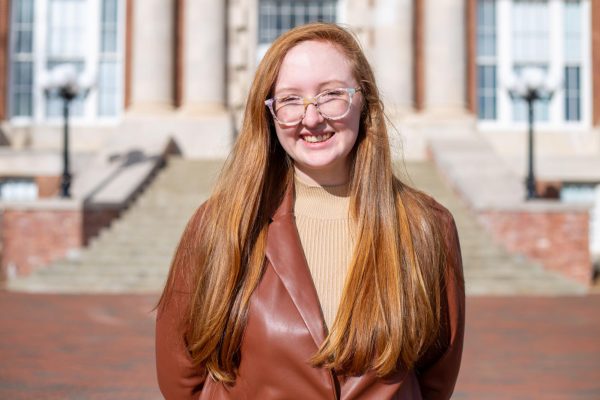Every student on campus knows the uniquely taxing experience of trying to find somewhere to park. Heaven forbid it is a game day like we had this past weekend. I am fortunate enough to live in Griffis Hall, and we have a large parking lot that always has room. Not everyone has been so fortunate.
For those who have commuter parking passes, the difficulty navigating the construction and lack of room has proved to be not only a nuisance, but almost impossible in some cases.
Hannah East, a sophomore majoring in chemical engineering, told me a tale that I imagine is far from infrequent these days among students with Commuter East parking passes.
“The first day of class, I got to the parking lot in Commuter East thirty minutes early, and I could not find a parking spot at all. My class is at ten, so I had to go into one of the smaller lots,” East said, stating that despite being early, the only spot available was a handicapped parking spot. “That was the only option I had.”
Since her class started soon, she had no other choice but to take the spot, even though she did not want to.
“I got a two-hundred dollar ticket for being there for fifty minutes,” East said. “And that was the first day of school.”
Maddy Green, a sophomore majoring in anthropology, was also ticketed. Her biggest complaint with the parking staff was that they did not answer her question regarding sign postage in the parking lot she was trying to park in. In addition to that, Green was fined twice for the same offense.
“I got two tickets within twenty-four hours, and that honestly seems harsh to me,” Green said. Parking Services did not notify Green about the offense until the next day. “I could’ve fixed the problem sooner if I’d known.”
Green also said she seemed to remember Parking Services handing out more warnings last year, as opposed to dishing out tickets on the first offense.
A fellow Griffis resident shares my general unease about parking. Isabelle Morrison, a freshman majoring in biology, shared her concerns.“Since I’m in Griffis Hall, and there’s a huge parking lot, I haven’t had any problems,” Morrison said. She has had a generally pleasant experience, but her commuting companions have had a very different experience.
A common point brought up by commuters was the increased frequency in ticketing as well as parking price passes overall. Maddy Green was ticketed twice in the span of a day, while Hannah East received a parking ticket despite not having any other options for parking.
Another brief note on parking at Mississippi State University: a general consensus seems to be that Mississippi State needs to be more considerate of its students when considering the implementation of flower beds or deciding when to begin construction.
“They’re beautiful, but we don’t need them,” East said. This sentiment seems to ring true for construction as well.
We appreciate, collectively, the hard work that Mississippi State University puts into making our campus beautiful, but sometimes the extra effort it takes to navigate around the construction adds a lot of time and stress to students’ already packed schedules.
East’s biggest complaint, and by far the most wide-spread in terms of impact on student quality of life on campus, was the potential financial implications that the tickets and fines could have on lower-income students.
“They smack all of us for just doing what we have to do. Some of these people cannot afford this, so this could be a factor in whether or not they can afford an education,” East said. “Some people might eat less or work more hours to be able to pay off these fines, which would affect their health and grades,” East said.
Both of these things are true and have potentially drastic implications when you consider the amount of students who receive financial aid from the school.
According to the National Center for Education Statistics, “Nearly three-quarters (72 percent) of all undergraduates received some type of financial aid in the 2019-20 academic year.” If you scale down to Mississippi State as an individual campus, that number jumps up to “90% of students who are reliant on some form of institutional aid, and 70% who are reliant on federal aid” according to the College Data Analytics Team at College Factual.
So, Hannah East is absolutely correct. Aside from being an inconvenience to pay off any fines, students at Mississippi State are already incredibly reliant on the school and state financial aid programs to be able to attend school in the first place, and these tickets might put more of a financial strain on students than the university realizes.
With all of this being said, we are incredibly lucky to have not only a beautiful campus, but a university that is dedicated to the welfare of its students. If enough students share their concerns with the university, I am certain that a change could be enacted that might have a positive impact on everyone’s experience with parking on campus.
The university, as well as the students, want nothing more than for these roadblocks to be resolved in a way that is mutually beneficial and will lead to a more fulfilling, enjoyable college experience.
Students walk a busy sidewalk during a typical morning.

